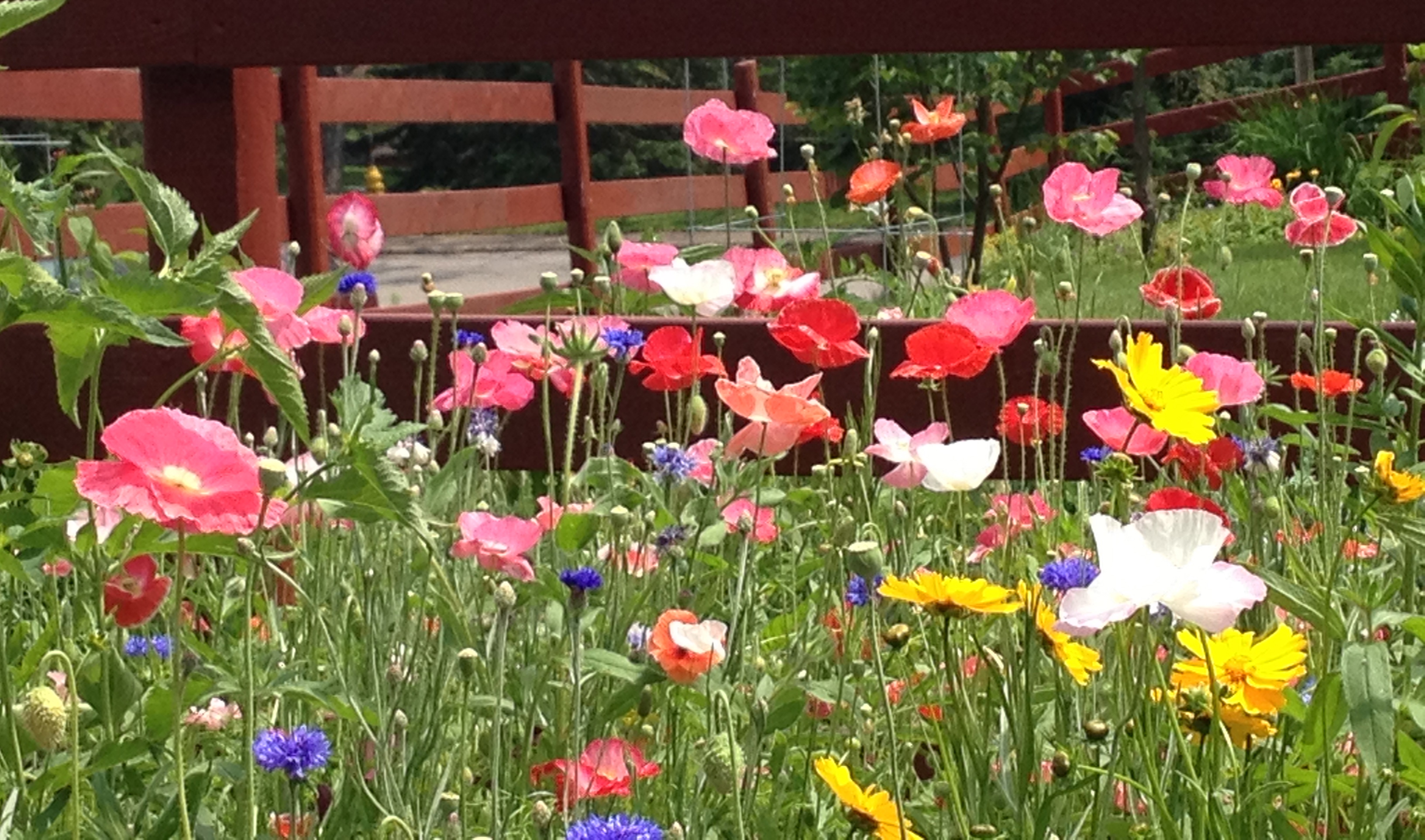Article by Jacki Reinert, Psy.D.
“As a child, the idea of Christmas meant cookies, presents, time with family, and of course, giving up TGIF’s Full House in favor of holiday movies. Everything from Scrooged to A Miracle on 34th Street to Home Alone, and every clay animated favorite served as the framework for my formulation of what the holidays truly meant; “It’s Christmas Eve. It’s the one night of the year when we all act a little nicer, we smile a little easier, we cheer a little more. For a couple of hours out of the whole year we are the people that we always hoped we would be.” Frank Cross’s commentary on Christmas set expectations high, and year after year, we hoped to top the magic and splendor of the previous year’s festivities.
As a parent, the holiday season conjures up warm memories of childhood, ignites aspirations to establish new traditions, and creates opportunities to share experiences with our loved ones, particularly our children. The magic of the holidays can also cultivate high expectations; to act nicer, smile easier, and to cheer more. These expectations more often than not exceed our capacity to truly encapsulate the hopes and aspirations we drum up in our heads. High expectations can pave the way for increased levels of perceived stress.
The American Psychological Association recently released its annual review, Stress in America (November, 2017), which indicates the United States has reached its highest stress level yet. Acute arousal stress in isolation can activate and enhance mobilization, sharpening our concentration and preparing our bodies to engage in challenging tasks, such as wrapping those last two presents and baking another round of cookies. This basic human reaction known as the “flight-or-fight” response has served us well, priming our bodies to flee or combat unsafe situations; however, our bodies can also overreact to simple, non-threatening situations, such as holiday pressure, financial difficulties, and increasing family demands.
Chronic stress has far more lasting and serious complications, particularly when it exceeds our ability to cope and leads to emotional and physical dysregulation. Stress is negatively related to our coping potential and our perception of control, which decreases use of problem-solving coping strategies and increases negative coping strategies, such as alcohol consumption and avoidance tactics (Rui Gomes, Faria, & Gonçalves, 2013). Individuals who experience elevations in stress and engage in maladaptive coping strategies such as drinking more alcohol, complaining, sleeping less, and consuming unhealthy foods which increase chances of becoming physically and mentally run down.
For parents, the added stress of the holidays and high expectations can have a significant impact on not only themselves, but those around them. Research suggests that adults are more likely to find family responsibilities stressful than they have in the past (APA, November, 2017). High expectations can make capturing the perfect holiday, particularly when parenting a child with special needs, a stressful time, leading to feelings of resentment (“I’m doing all of this and no one is helping me”), frustration (“I have no time to fit this all in”), and disappointment (“It seems like they didn’t have a good time”).
This year, I encourage you to lower your holiday expectations, increase self-care and self-compassion. While practicing self-care may be the furthest thing from your mind, the following may offer some reprieve from the hustle and bustle of the holiday season.
1. Expect that things will go wrong, and that’s okay. Someone will get sick, you might burn a dish, and yes, that’s okay. Avoid catastrophic thinking, a common cognitive distortion where we imagine and worry about the worst possible situation, either consciously or subconsciously. For example, your ability to prepare the perfect holiday dinner for twelve people is an act, not a representation of how good of a person you are. You are not the sum of how well-executed things are, how perfectly the house looks, how your children act.
2. Practice self-regulation and utilize coping skills. The easiest way to understand the subtle difference between these two concepts is to imagine yourself in a car, driving down I-90 into Boston and someone cuts you off. To access a coping skill to manage your anger, you would first need to pull off the highway, put the car in park, and throw on your hazard lights. Conversely, if you were utilizing a self-regulation skill, you could continue driving and manage your thoughts and feelings in the moment. Self-regulation is the ability to modulate our emotions and impulses, to keep ourselves in check, whereas coping is a process or actions that help you manage difficult emotions. Examples of self-regulation skills include diaphragmatic breathing (learn more here: https://www.youtube.com/watch?v=hFcQpNr_KA4&t=140s) and box breathing (https://www.youtube.com/watch?v=dP4Jxxhhzl0). Coping skills can include meditation (https://www.youtube.com/watch?v=4Bs0qUB3BHQ), and progressive muscle relaxation (https://www.youtube.com/watch?v=1nZEdqcGVzo).
3. Practice micro-moments of positivity. Research suggests that rather than pursue the perfect gift to demonstrate your love for a family member, seeking out opportunities to be present and make a meaningful connection have a more lasting effect (Heshmati, Oravecz, Pressman, Bathcelder, Muth, & Vandekerckhove, 2017). Crawling into bed and reading a holiday book with your children, or complete a small craft together can have a more lasting impact that securing a sloth Fingerling for them. You can read more about micro-moments here: https://www.npr.org/sections/health-shots/2017/12/09/568834440/what-s-better-than-expensive-presents-the-gift-of-presence
4. Opt outside! Research suggests that spending time in nature can have significant effect on mood (https://www.npr.org/sections/health-shots/2017/12/09/568834440/what-s-better-than-expensive-presents-the-gift-of-presence) and can increase sun exposure and the benefits of Vitamin D. Locate a winter wonderland hike here: http://www.bostonmagazine.com/health/2016/01/11/winter-hiking-massachusetts/
5. Finally, don’t forget about self-care. Self-care is a deliberate act to support and nurture your physical and mental health. Taking care of yourself not only helps you but those around you. There are several TED talks highlighting the benefit of self-care: https://www.ted.com/playlists/299/the_importance_of_self_care “
Enjoy your holidays everyone.
